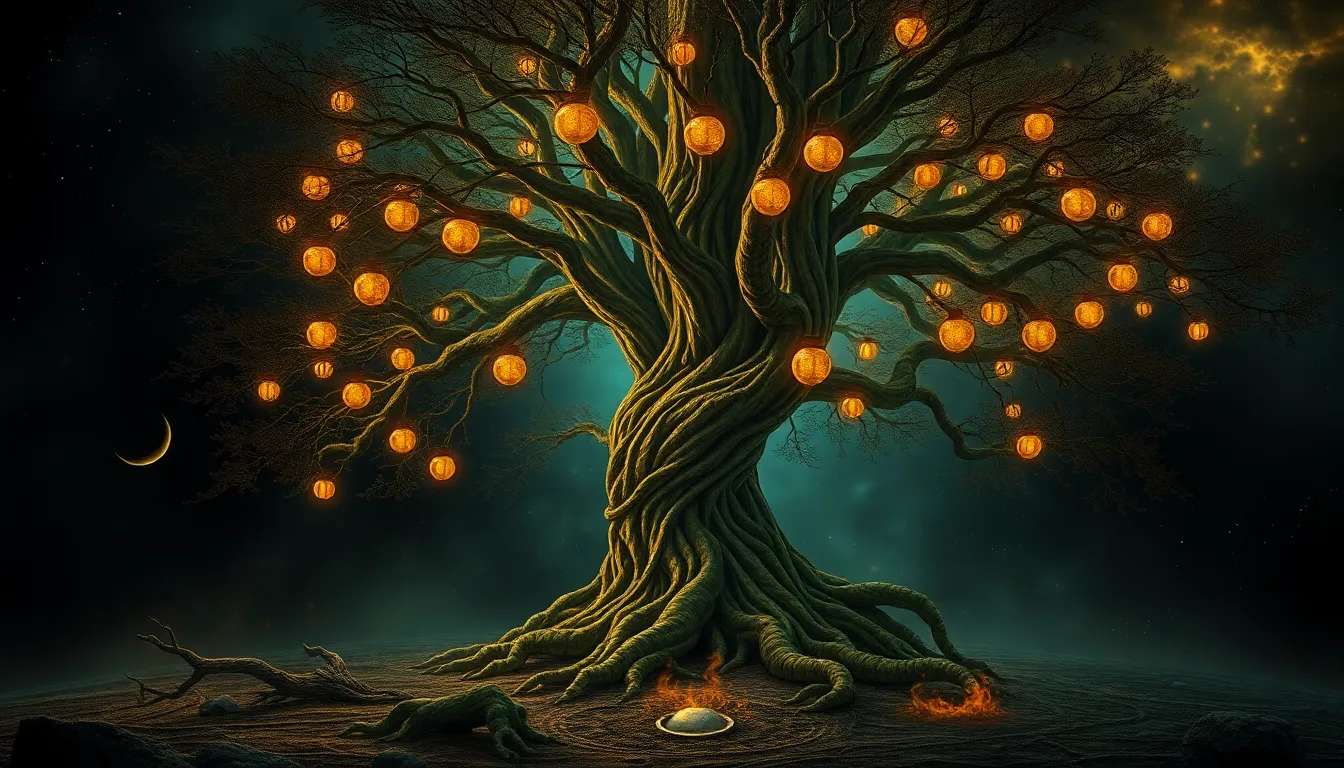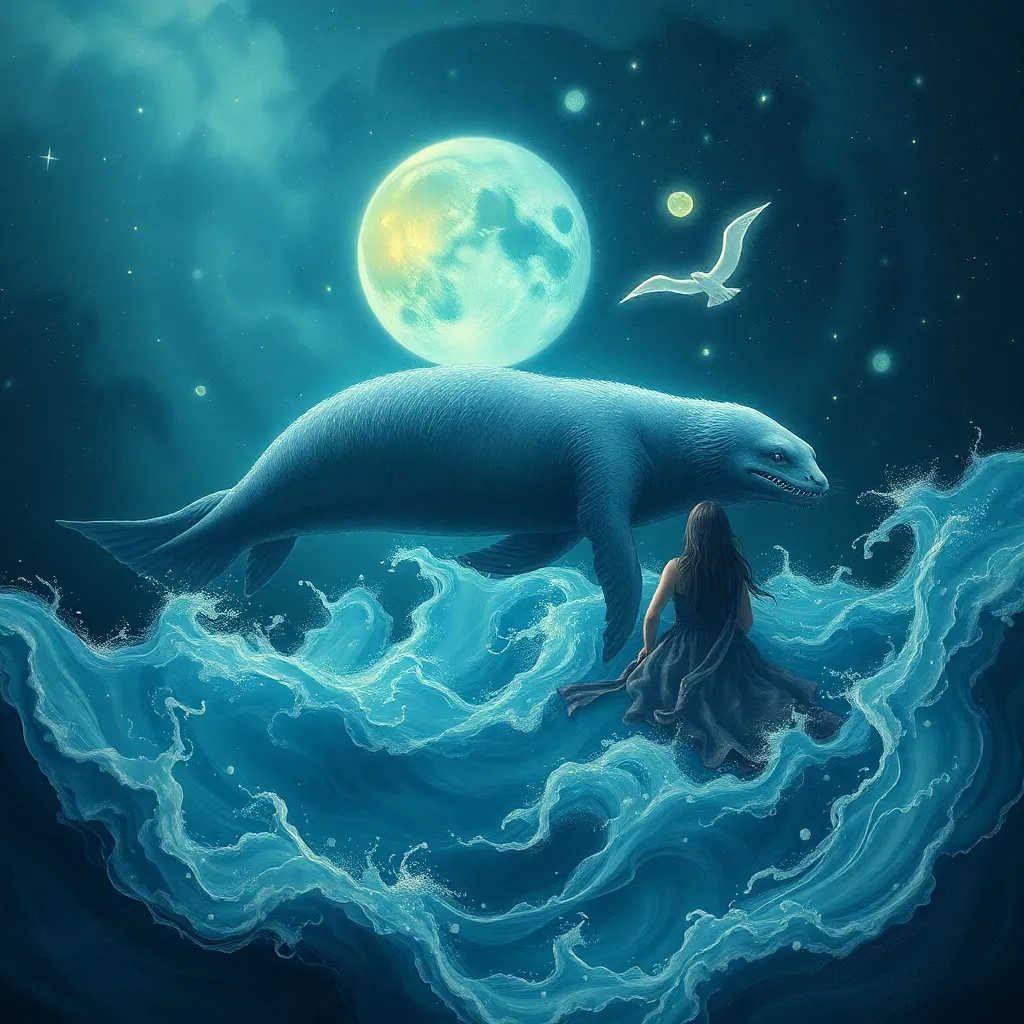The Impact of Colonization on Maori Mythology and Oral Traditions
Imagine a world where stories are not just entertainment, but the very foundation of your culture. That's the world of the Māori people of New Zealand, where myths and legends are woven into the fabric of their existence. These stories, passed down through generations, provide answers to big questions about where we came from, how the world was created, and what it means to be human. They are a guide to life, a source of wisdom, and a powerful symbol of identity. But this rich tapestry of oral traditions faced a devastating challenge with the arrival of European colonizers in the 19th century.
Maori Mythology: A Tapestry of Creation, Ancestry, and Values
Maori mythology is a vibrant and expansive universe filled with gods, goddesses, heroes, and monsters. Stories like the creation myth of "Rangi and Papa" – the sky father and earth mother – explain the origins of the world, while tales of the great demigod Maui recount his daring exploits, like fishing up the North Island of New Zealand or stealing fire from the gods. These stories are not just entertaining; they serve as a moral compass, highlighting important values like courage, respect, and the interconnectedness of all living things.
These myths provide answers to the fundamental questions of existence: How was the world created? Where do we come from? How should we live? They also provide a framework for understanding the natural world, incorporating the environment and its elements into the stories. The stories are filled with symbolism, reflecting the interconnectedness of the physical and spiritual realms, and offering a profound understanding of the universe. It is through these stories that Maori people understand their place in the world, and their responsibility to protect and care for the environment.
Oral Traditions: The Lifeblood of Maori Culture
Maori oral traditions are the lifeblood of their culture. These stories, songs, poems, and dances are passed down through generations, preserving knowledge, history, and values. Every performance is a living testament to the past, a reminder of who they are, and where they come from. The transmission of these stories is vital to maintaining cultural identity and sense of belonging.
The process of storytelling is not merely a passive act of listening. It's an active engagement where knowledge is shared, meanings are explored, and bonds are strengthened. The act of listening and participating in the storytelling process is a powerful form of learning and cultural transmission. Storytelling is a vital part of socialization, teaching children about their cultural heritage, values, and place within the community.
The Arrival of Colonization: A Disruptive Force
The arrival of European colonists in New Zealand in the 19th century marked a turning point in Māori history. They brought with them a different worldview, a different way of life, and a different understanding of the world. This clash between cultures created tension and conflict, resulting in the dispossession of land, the erosion of traditional customs, and the suppression of the Māori language.
Colonial policies, often driven by a belief in European superiority, sought to undermine Maori traditions and beliefs. The focus shifted towards assimilation, encouraging Maori to adopt European ways of life, language, and values. This suppression of Maori culture was a deliberate attempt to erase their identity and control their future.
Suppression and Prohibition of Maori Oral Traditions
Colonial authorities saw the power of Maori oral traditions and actively sought to suppress them. They believed that these stories were a barrier to assimilation and that the spread of Christianity would be easier if Maori abandoned their indigenous beliefs.
Missionary schools were established, where Maori children were taught European values and forbidden to speak their native language. The use of the Maori language was discouraged, and even punished in some cases, with the intent of replacing it with English. The result of this suppression was a loss of cultural knowledge, a weakening of identity, and a sense of disconnection from the past.
The Impact on Maori Identity and Worldview
Colonization had a profound impact on Maori identity and worldview. The suppression of their language, traditions, and beliefs led to a sense of loss, confusion, and disorientation. Maori people were forced to navigate a complex reality where their own culture was actively undermined and discounted. This led to internalized colonial beliefs, where some Maori people began to question their own values and traditions, seeing them as inferior to European ways.
The loss of cultural knowledge also impacted their understanding of the world around them. Their connection to the land, their understanding of the environment, and their spiritual beliefs were all challenged. The traditional understanding of interconnectedness and balance was replaced with a more individualistic and exploitative approach.
The Persistence of Maori Mythology: Adaptation and Resilience
Despite the challenges, Maori mythology and oral traditions persisted. The stories continued to be told, though often in secret or in modified forms. Maori people adapted their storytelling to the changing times, incorporating aspects of the new world while still holding onto the essence of their traditions.
The resilience of Maori culture is evident in the ways they found to adapt and survive. They used storytelling to resist colonization, to keep their culture alive, and to express their defiance. These stories became a source of strength, a reminder of their heritage, and a symbol of their enduring spirit. They found ways to preserve their culture in the face of adversity, using the very tools that the colonizers had sought to suppress.
The Role of Language in Preserving Oral Traditions
The revival of the Maori language has played a pivotal role in the revitalization of Maori mythology and oral traditions. The language is a powerful tool for cultural transmission, carrying within it the stories, values, and wisdom of the past. The re-emergence of the Maori language also challenged the colonial dominance of English, providing a space for Maori cultural expression and identity.
When language is lost, so much cultural knowledge is lost with it. The Maori language is not just about words; it is a living embodiment of their culture, traditions, and way of life. The revival of the language was a crucial step in reclaiming their heritage and reconnecting with their ancestors.
Modern Interpretations of Maori Mythology: A Dialogue with the Past
Modern Maori artists, writers, and performers continue to engage with their mythology and traditions in new and innovative ways. They reinterpret old stories, exploring their themes in contemporary contexts and addressing the challenges of the modern world. These reinterpretations demonstrate the enduring relevance of Maori mythology and provide insights into the ongoing dialogue between past and present.
The stories are not simply relics of the past, but living narratives that continue to speak to the complexities of the present. They offer perspectives on issues such as environmental sustainability, social justice, and cultural preservation, while acknowledging the historical injustices and ongoing struggles of the Maori people.
The Power of Storytelling: Reclaiming Maori Identity
Storytelling remains a powerful tool for reclaiming Maori identity and fostering cultural continuity. The stories are a platform for sharing experiences, exploring values, and building community. They provide a sense of belonging, a connection to the past, and a vision for the future.
The act of storytelling is a form of cultural resistance, a way of asserting their identity and reclaiming their space in the world. By sharing their stories, Maori people are affirming their history, celebrating their culture, and reminding everyone of the importance of preserving their traditions for future generations.
The Importance of Intergenerational Transmission and Cultural Preservation
The importance of intergenerational transmission in preserving cultural knowledge cannot be overstated. Storytelling is a vital bridge between generations, connecting the elders who carry the wisdom of the past with the young people who will shape the future. This process ensures that cultural heritage is passed down, adapted, and reinterpreted for each new generation.
Protecting and promoting Maori mythology and oral traditions is a crucial step in ensuring the survival of their culture. It is a responsibility that requires a commitment to learning, sharing, and celebrating their rich cultural heritage. The ongoing effort to preserve and revitalize Maori culture is a testament to the strength and resilience of their people, and a reminder of the importance of honoring and respecting the stories that shape our collective humanity.
FAQ
Q: What are some of the ways Maori mythology has been adapted to modern times?
A: Modern Maori artists, writers, and performers have incorporated traditional stories into contemporary art forms, including literature, theater, music, and film. They have reinterpreted old myths to address issues such as environmental concerns, social justice, and cultural identity.
Q: How does the revival of the Maori language impact the preservation of their mythology?
A: The Maori language is a vital tool for preserving and transmitting oral traditions. It carries within it the stories, values, and wisdom of the past. The revival of the language allows for a more authentic and nuanced understanding of Maori mythology.
Q: What is the role of storytelling in reclaiming Maori identity?
A: Storytelling is a powerful tool for reclaiming Maori identity and cultural continuity. The stories provide a sense of belonging, connection to the past, and a vision for the future. They also serve as a platform for sharing experiences, exploring values, and building a sense of community.
Q: What can be done to ensure the continued preservation of Maori myths and legends?
A: Continued support for Maori language immersion programs, investment in cultural education programs, and the creation of opportunities for intergenerational storytelling are crucial for ensuring the preservation of Maori mythology and traditions. Encouraging the sharing and adaptation of these stories for future generations is vital for their continued relevance and impact.
Q: How does Maori mythology relate to their values and beliefs?
A: Maori mythology is deeply interwoven with their values and beliefs. The stories teach lessons about respect, community, responsibility, and the interconnectedness of all living things. They offer guidance on how to live in harmony with the natural world and with each other.



